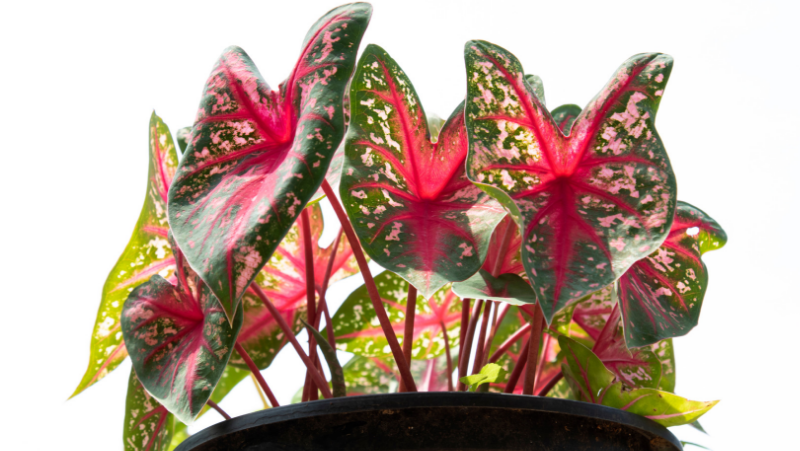Yates Account
Join now
Create a Yates account today!
Sign up to join the Yates Garden Club for monthly e-mails packed with seasonal inspiration, tips for success & exclusive promotions.
Plus if you’re a Garden Club member you can take part in the Yates Growing Community - a blog to share successes, get advice & win prizes in fun challenges along the way!

Forgot password
Enter the email address associated with your account, and we'll email you a new password.

There are a number of poisonous plants that are commonly found in gardens. Some plants are poisonous if ingested, if inhaled or may cause skin irritation by contact. Some common examples are frangipani, privet, rhus, angel’s trumpet (datura), daphne, hygrangea, lantana, oleander, poinsettia, agapanthus, arum lily, daffodils cyclamen, foxglove, sweet pea and wisteria.
- Some plants have poisonous sap, leaves, flowers, bulbs and/or seeds.
- To avoid skin contact, it’s best to wear gloves while gardening. Also, don’t touch your eyes or face while you’re gardening, to avoid transferring any potential irritants from your gloves.
- To keep children safe in the garden, they should be taught never to eat anything from the garden unless they know it is safe.
- It is OK to compost poisonous plants, as any poisons are broken down in the composting process.
If you’re unsure if a plant is poisonous, please contact our Consumer Advice team and they will try and help you.

Some common garden plants are poisonous and their planting should, if possible, be avoided in kids’ gardens. This list is by no means exhaustive, but the inclusion of many commonly grown plants reinforces how important it is that children are taught never to eat anything in the garden unless they know it is safe.
All parts of the following plants are poisonous:
- Caladium – coloured-leaf indoor plant (pictured above)
- Angel’s trumpet (Brugmansia)
- Devil's trumpet (Datura)
- Delphiniums
- Foxgloves
- Helleborus species – also known as Christmas roses
- Lily-of-the-valley
- Lobelia
- Rhododendrons and azaleas
- Thevetia peruviana – known as yellow oleander or be-still tree
The leaves of the following plants are poisonous:
- Box (Buxus spp.)
- Calendula
- Elephant’s ears
- Rhubarb
- Tomato
The flowers of the arum lily are poisonous. The milky sap of the following is poisonous:
- Frangipani
- Oleander
- Poinsettia
The fruits and seeds of the following are poisonous:
- Cestrum nocturnum – night-scented jessamine
- Clivias
- Cycads
- Duranta – pigeon berry
- Laburnum
- Melia azederach – white cedar
- Moreton Bay chestnut – black bean
- Peppercorn tree
- Privet
- Sweet peas
- Wisteria
- Yew
These tubers and bulbs are poisonous:
- Daffodils
- Gloriosa lily
- Hyacinth bulbs












Share
Share this article on social media